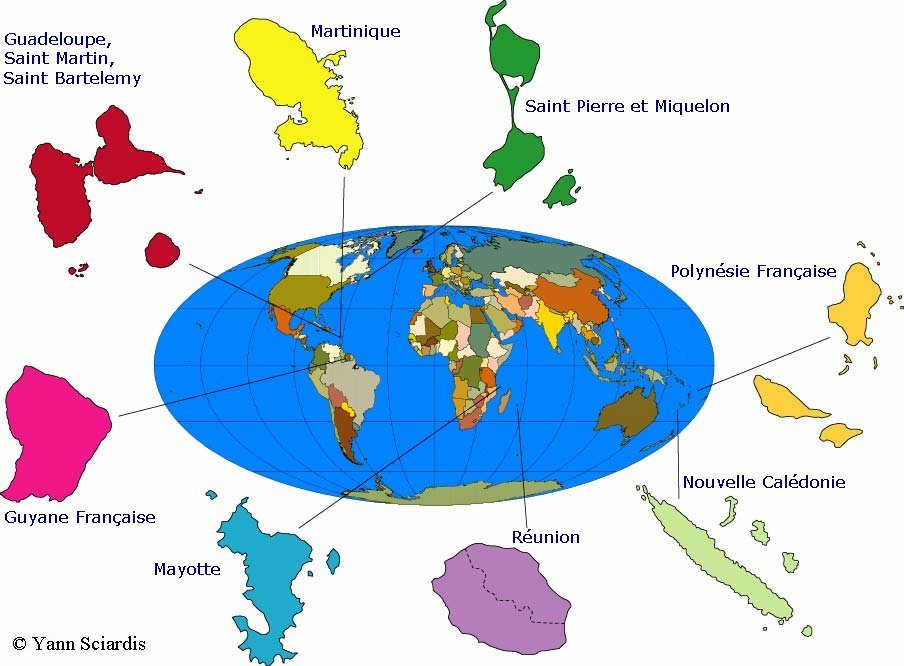often capitalized : a mighty animal described in Job 40:15–24 as an example of the power of God
2: something of monstrous size, power, or appearance <a behemoth truck>
So, when thinking about this word, I am hoping that this is not too much of a stretch on using the word of the week, but I wanted to choose Mont. St. Michel to portray this word.
Mont St Michel is a castle that is located in the Normandy region of France. This is one my favorite places I've ever been. It is so full of history. One of my favorite parts is that this is located just enough offshore that it is impassible when the water rises. Something about the structure, the closeness, it just seems so crazy to me to understand a time when people lived in such a small commune. I know that it doesn't necessarily describe a "behemoth" place; however, the thought of how royalty, peasants, merchants, nuns and priests all inhabited this area is a behemoth idea to me.
I am listing the wiki site for it, for some background :http://en.wikipedia.org/wiki/Mont_Saint-Michel
It just impresses me greatly that things we do today, such as live life, our houses, our education, leaders and peasants all resided in such a small area as compared to today standards.
So for my "behemoth", I choose the idea of the city within and the inner workings rather than land mass itself. It is such an intricate and grand city that is encompassed in such a small area. The way in which every day interaction would have occurred is a "behemoth" idea for me to process. It is a beautiful place and piece of history. I hope you guys enjoy this as much as me!
Enjoy the pictures!!!


\



